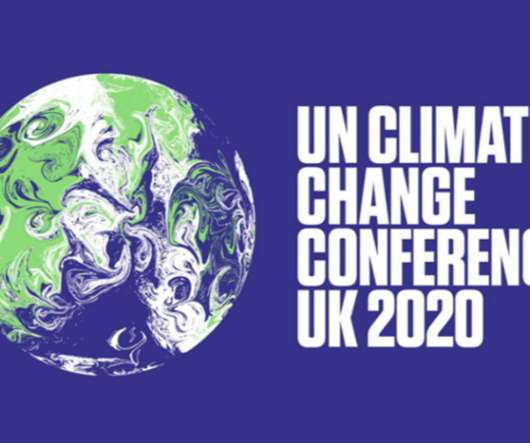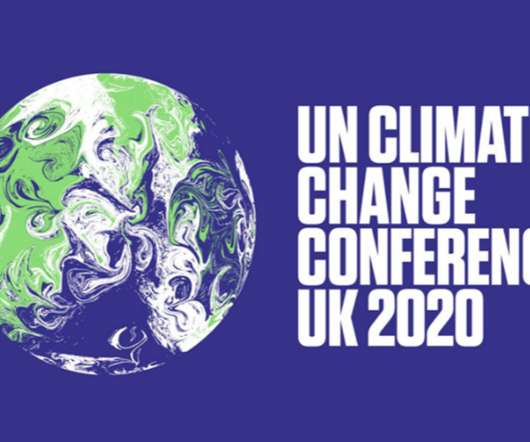Change the World: By Focusing on the Human Impact of the Climate Crisis, Companies Can Turn Risks Into Opportunities
3BL Media
OCTOBER 10, 2022
Business leaders will need to develop a keen understanding of how these interrelated forces, especially the climate crisis, affect the lives of workers, customers, and society at large. Only then will companies be able to respond with the innovation and value creation that can, without hyperbole, change the future of the world.












Let's personalize your content